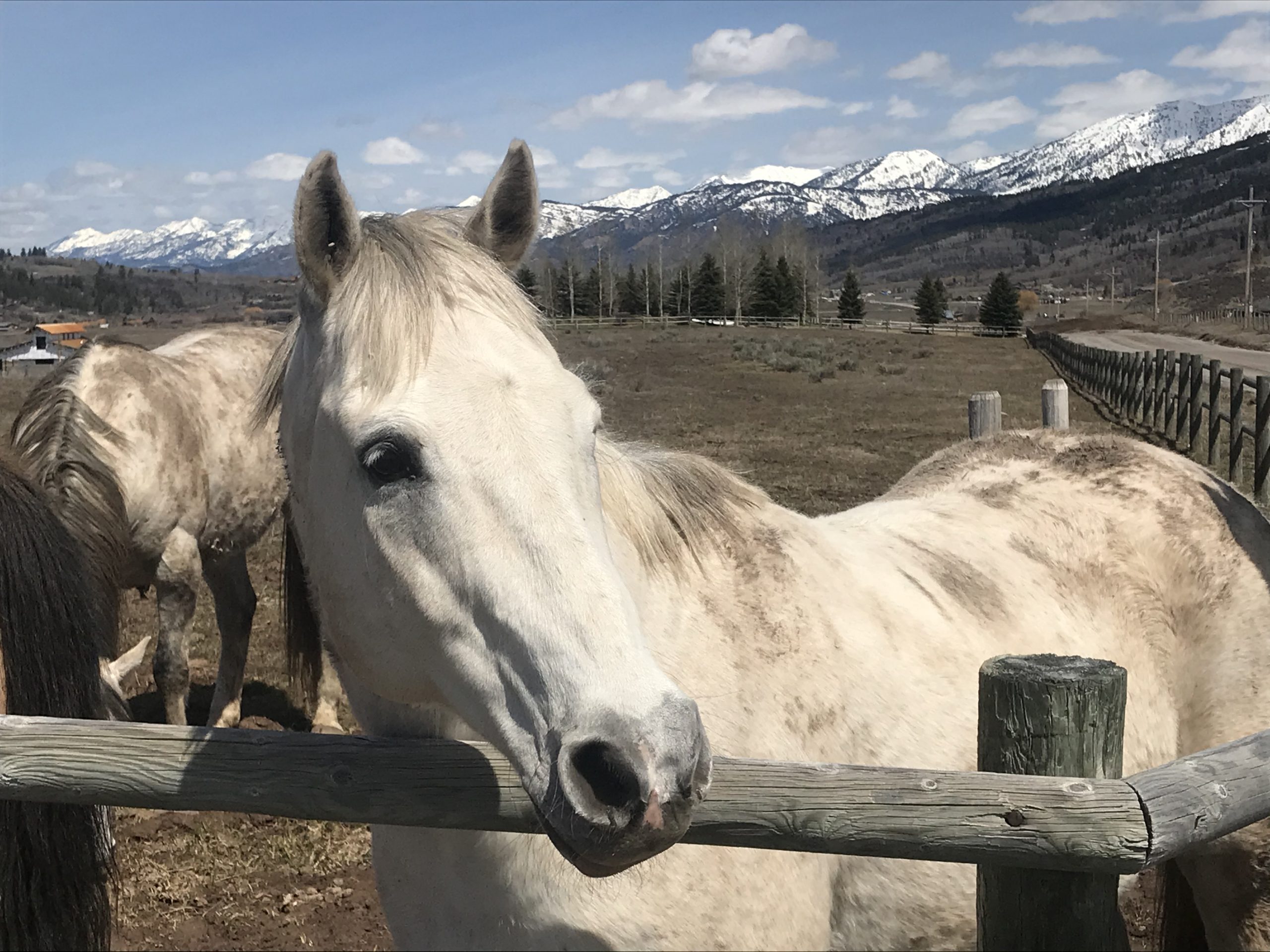Springtime is a season we tend to forget as we grow older, and yet far back in our memories, like the landscape of a country visited long ago, it's always there.
— Kay Boyle, born in 1902
Social Media Law
Bogdan, Varvara, Social Media Law (December 10, 2021). Available at SSRN: https://ssrn.com/abstract=3982602 or http://dx.doi.org/10.2139/ssrn.3982602
“Social media law is a new direction for scientific research. Users of various social networking websites around the world are concerned about the protection and preservation of their personal data, the protection of copyright for content, including after the death of the user, as well as the security of conducting business when using them. Some disruptions in the work of social media (on March 20, 2021 and October 4, 2021, the work of Instagram, one of the most popular networks, was blocked for several hours) led to the inability to use accounts, including business ones. Freedom to register in social media networks can also cause problems that are not legally protected. The creation of fake accounts, the provision of inaccurate information, and various types of abuse ‒ all of these negatively affect the dynamics of the development of social networks and undermines the credibility of their owners. It is against this background that this essay proposes the author’s vision of the development of social media law. The author will be happy to develop the discussion in this area”
'Prose Answers Every Common End'
People no longer write letters, we are told. Digital convenience has turned handwritten or typed notes into quaint relics from another world. Do you remember the thrill of finding a personal letter in the mailbox? About sixty years ago I was a pen pal with a girl in New South Wales. It seemed miraculous that I could exchange a ten-year-old’s banalities with someone in Australia, a place as real to me as Lilliput. In the late nineteen-sixties, after a friend and I went to hear Dr. Benjamin Spock speak on Public Square in Cleveland, our picture and names appeared on the front page of the newspaper. A few days later, I received a handwritten letter on ruled paper telling me, among other things, to “go back to Sweden,” a place I had never visited. It left me thrilled and scared.
No longer will we be able to enjoy new volumes of letters like those left us by Charles Lamb, Lord Byron, Robert Louis Stevenson and Flannery O’Connor. We read them for their biographical content, of course, but also for the conversational zest of the prose – letters as literature. Just this week I received a letter from a longtime reader, one whose name I didn’t recognize. He has posted comments on Anecdotal Evidence but always under a pseudonym. “I knew you, of all people,” he writes, “would enjoy getting a ‘fan letter’ the old-fashioned way.” He is correct.
Another master of the epistolary art is William Cowper (1731-1800), the often-mad English poet. In “A Poetical Epistle To Lady Austen” (1781) he writes:
“Dear Anna, — Between friend and friend,
Prose answers every common end;
Serves, in a plain and homely way,
To express the occurrence of the day;
Our health, the weather, and the news,
What walks we take, what books we choose,
And all the floating thoughts we find
Upon the surface of the mind.”
That’s as charming and civilized a description of letter writing between friends as I know. In The Peace of the Augustans: A Survey of Eighteenth Century Literature as a Place of Rest and Refreshment (1916), George Saintsbury is equally charming in his description of Cowper’s gifts as a letter writer:
“If his range of subject is somewhat small-beerish it is the freshest and most refreshing, the most delicately tasted, and the most enlivening if not stimulating small beer that ever came from honest malt and hops and pure water. You cannot dislike anything in Cowper, and it must, again, be a very peculiar and unenviable person who despises anything in him.”
